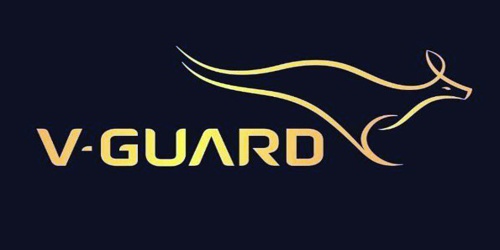Knowledge management (KM) is the process of creating, sharing, using and managing the knowledge and information of an organization. The main goal of KM is to improve an organization’s efficiency and save knowledge within the company. It refers to a multidisciplinary approach to achieving organizational objectives by making the best use of knowledge. It is important because it boosts the efficiency of an organization’s decision-making ability.
The importance of knowledge management is growing every year. An established discipline since 1991, KM includes courses taught in the fields of business administration, information systems, management, library, and information sciences. It is an important tool in any company that wants to increase their bottom line and market share. Other fields may contribute to KM research, including information and media, computer science, public health, and public policy. Several universities offer dedicated master’s degrees in knowledge management. It is the concept of finding, gathering, assessing, organizing, and sharing information or knowledge.
Advantages –
- More efficient workplace
- Faster, better decision making,
- Increased collaboration,
- Building organizational knowledge,
- Increased employee happiness and retention, due to the valuing of knowledge, training, and innovation.
The information and knowledge consist of documents, procedures, resources, and worker skills. Many large companies, public institutions, and non-profit organizations have resources dedicated to internal KM efforts, often as a part of their business strategy, IT, or human resource management departments. It is also a helpful tool in helping to find the individuals that have the desired skills necessary to complete those tasks and projects. Several consulting companies provide advice regarding KM to these organizations.
Knowledge management can exist in many forms, including: Process-driven applications, Automated data integration, Content life cycle management, Automated document and classification solutions, Secure file sharing, Integration of enterprise search, Business intelligence, etc.
Knowledge management efforts typically focus on organizational objectives such as improved performance, competitive advantage, innovation, the sharing of lessons learned, integration and continuous improvement of the organization. It is essentially a map that outlines the flow of information so that a company can successfully fulfill their duties, tasks, and projects. These efforts overlap with organizational learning and may be distinguished from that by a greater focus on the management of knowledge as a strategic asset and on encouraging the sharing of knowledge. The overall objective is to create value and leverage and refine the firm’s knowledge assets to meet organizational goals. KM is an enabler of organizational learning.
















